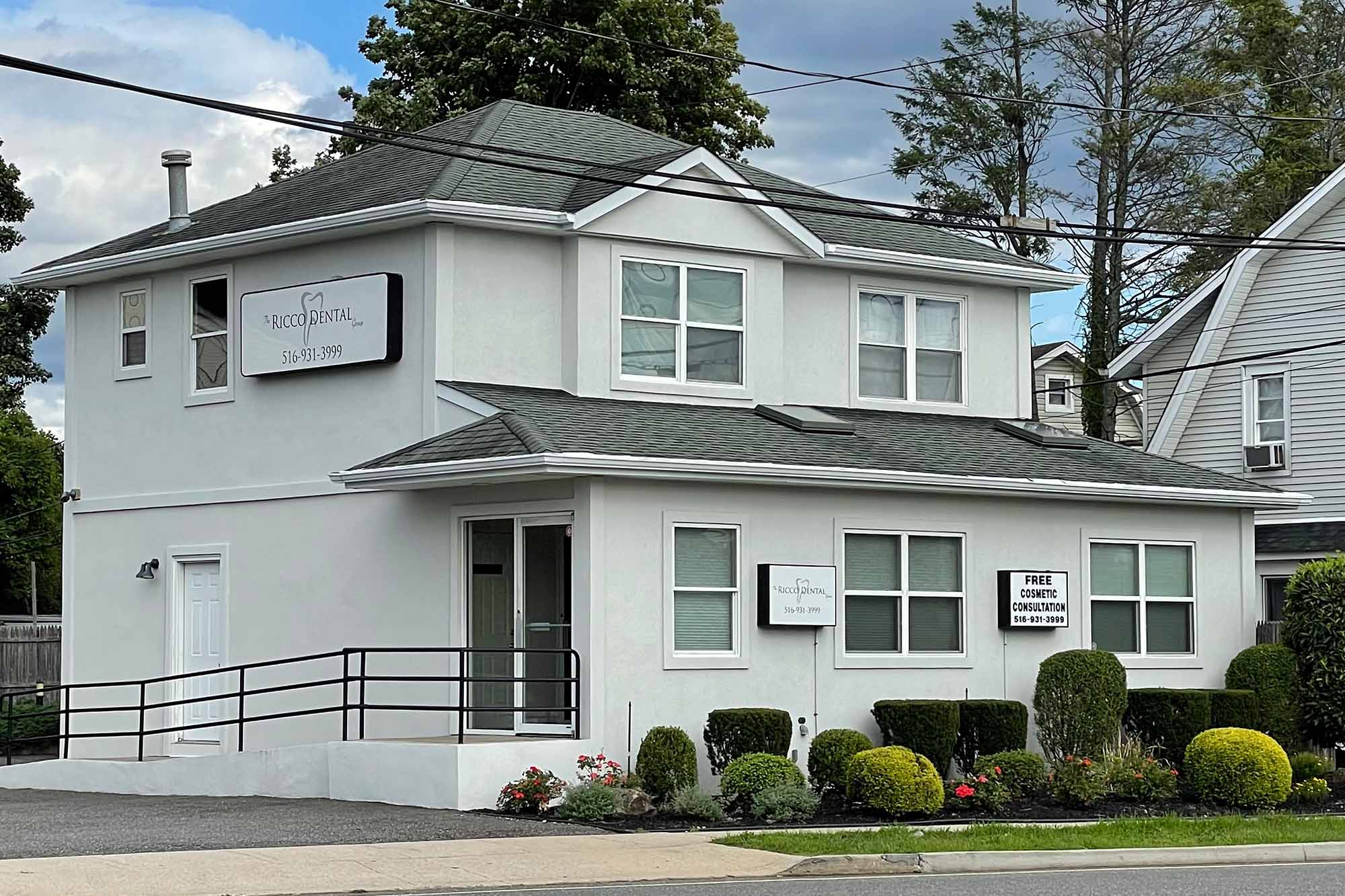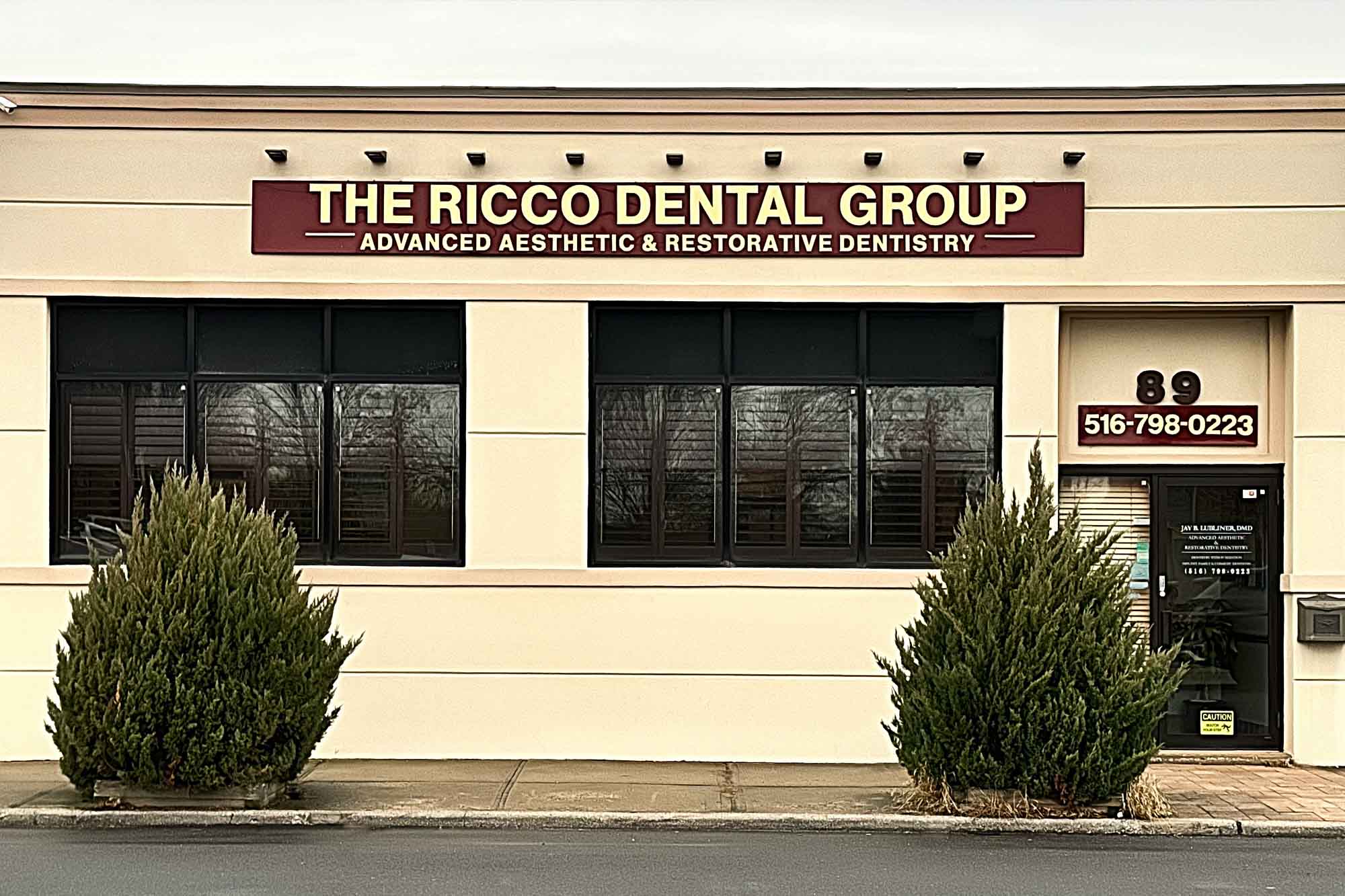How Long Do TMJ Symptoms Last?

If you’ve noticed pain, discomfort, or clicking sounds in your jaw, you could be experiencing Temporomandibular Joint Disorder, more commonly referred to as TMJ.
While symptoms vary between individuals, these typically include jaw pain, headaches, facial pain, difficulty chewing, and popping noises when opening or closing your mouth.
In this post, we’ll explore how long TMJ symptoms typically last. Understanding the duration is key to managing the condition and finding the right treatment. We’ll also discuss effective remedies you can try at home or with your doctor to alleviate the discomfort.
Common symptoms of TMJ
TMJ disorder can cause an array of symptoms that disrupt daily life. While they vary from person to person, several key symptoms that point to TMJ are:
- Jaw pain that may feel sharp or dull, comes and goes, and or worsens with chewing or yawning. The pain can radiate to the face, ears, temples, and neck.
- Headaches that are particularly concentrated around the temples or behind the eyes. These may feel like throbbing pain or sinus pressure.
- Limited mobility when opening or closing the mouth, making talking and eating challenging.
- Clicking, popping, or grinding sounds in the jaw joint when moving the mouth.
- A locked jaw sensation where the mouth gets stuck open or closed.
If you're experiencing painful symptoms that affect basic functions like eating and speaking, TMJ may be the culprit. The good news is that both self-care remedies and professional treatment can help manage these disruptive TMJ symptoms.
Duration of TMJ symptoms
How long do TMJ symptoms last? Unfortunately, the answer varies widely depending on the individual.
In milder cases, symptoms may resolve on their own within several weeks or months. The TMJ flare-up may have been caused by a temporary factor like stress or clenched jaw muscles.
However, for many, TMJ is a chronic condition requiring long-term management. Symptoms like jaw pain, limited motion, and clicking/popping sounds could persist for months or even years without proper treatment. The symptoms may progressively worsen over time as well.
Pay close attention to how long you've had TMJ symptoms and whether they are improving or worsening. This will help you determine if short-term home remedies are sufficient or if you should seek professional diagnosis and treatment for lasting relief.
Don't assume TMJ symptoms will just go away - be proactive in finding a solution tailored to your situation.
Factors that affect the duration of TMJ symptoms
Several factors influence the duration of TMJ symptoms and how long they stick around:
- The underlying cause - TMJ stems from various sources like injury, arthritis, teeth grinding, genetics, etc. Symptoms from temporary causes like muscle tension may be shorter-lived.
- Severity - Mild cases can resolve more quickly with conservative treatments. But severe, chronic TMJ requires more extensive treatment and long-term management.
- Individual factors - Overall health, habits, adherence to treatment, and more affect duration. Poor health or habits like teeth grinding can prolong symptoms.
- Treatment - The right treatment tailored to the cause and severity is key. Insufficient treatment allows symptoms to linger.
Home remedies for managing TMJ symptoms
If you have mild or occasional TMJ discomfort, these self-care tips may alleviate your symptoms:
- Apply an ice pack or heating pad to the jaw for 10-15 minutes to reduce inflammation and muscle tension—Alternate heat and cold to determine which helps more.
- Do relaxing activities like deep breathing, meditation, massage, or gentle yoga. Reducing stress can ease jaw tightness.
- Avoid chewing gum, nail-biting, teeth grinding, and other excessive jaw movements. These worsen symptoms by overworking the joint.
- Stick to soft foods like soups, eggs, and mashed veggies. Limit hard, crunchy items that require extensive chewing.
- Maintain good posture to avoid strain on the jaw and neck. Keep your head balanced above your spine.
- Consider an over-the-counter anti-inflammatory like ibuprofen to relieve pain.
While these remedies offer temporary relief, they don't treat the TMJ root cause. If symptoms persist beyond a few weeks, seek professional diagnosis and treatment. A customized care plan can provide lasting relief when home remedies fall short.
Professional treatments for TMJ symptoms
If at-home care and lifestyle tweaks don't adequately control chronic TMJ symptoms, your doctor and dentist may recommend the following professional treatment options:
- Physical Therapy - Works to increase jaw mobility, decrease pain, and strengthen joint muscles through customized exercises. Can restore function.
- Medications - Prescription anti-inflammatories, muscle relaxants, or antidepressants to reduce pain and inflammation.
- Dental Splint - Custom nighttime mouth splint prevents teeth grinding and protects joints from strain while sleeping.
- Injections - Corticosteroid injections directly into the joint reduce inflammation and temporarily alleviate pain.
- Surgery - Last resort for severe TMJ that has not improved with other treatments. It may involve joint repair, replacement, or realignment.
These clinical treatments should be guided by a TMJ specialist who thoroughly evaluates your case and rules out other conditions. They can then recommend the most suitable options based on your symptoms, health history, and exam findings.
TMJ Treatment in Plainview
TMJ symptoms can persist anywhere from a few weeks to several years. The longevity depends on your unique situation and treatment approach.
In mild cases, basic home remedies like heat/ice packs, soft foods, posture fixes, and stress relief may resolve symptoms within weeks or months.
However, chronic TMJ requires customized professional treatment for lasting relief. This may include physical therapy, medication, dental splints, injections, or surgery.
Working with a TMJ specialist is crucial to identify your symptoms' root causes and tailor an effective treatment plan. Don't assume symptoms will disappear. To learn more about our TMJ treatment options in Plainview, contact us at 516-931-3999.




